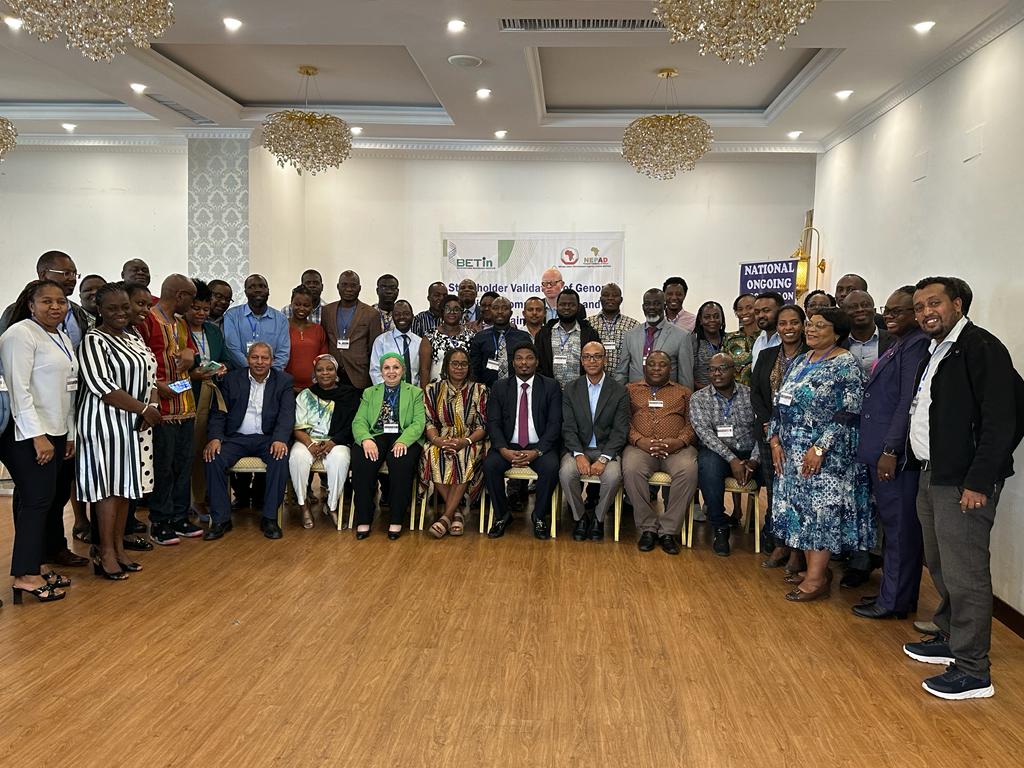|
Getting your Trinity Audio player ready...
|
Dr. Bayisa Bedada, the State Minister of the Ministry of Innovation and Technology of Ethiopia has encouraged African countries to accelerate economic transformation through knowledge-based and innovation-led initiatives.
He made the remarks today at a stakeholder validation meeting of genome editing communication and advocacy training materials and curriculum underway in Addis Ababa from 15 to 17 November 2023 while commending progress made so far in coming up with the final draft of the modules on communicating genome editing that will be used at the African Union level.

The African Union Development Agency (AUDA-NEPAD) has initiated the development of communication training curricula and modules to help address the current policy needs, gaps, and challenges of genome editing (GEd) on the continent.
The Ministry of Innovation and Technology of Ethiopia was established back in 1975 as a commission and now it has evolved into a ministry with much broader mandates on STI and digital economy.
“We are working to accelerate economic transformation through knowledge-based and innovation-led initiatives. The Ministry has been instrumental in creating a favorable policy environment and establishing modest funding mechanisms to support Biotechnology and related R&D activities.
“The activities that the African Union Development Agency (AUDA) – NEPAD is leading at the moment are in line with our strategic programs and my Ministry is in full support of the initiatives. With this, I would like to thank AUAD-NEPAD for spearheading the communication strategy for Africa and promise to closely work with the Agency on other aspects of STI. I also wish you a fruitful discussion to finalize the document that member countries will adopt for their needs,” Dr. Bedada said.
Speaking on the same occasion, Mrs Florence Nazare, the Head of Centres of Excellence Knowledge Management and Programme Evaluation Directorate said genome editing has a huge potential for benefits in agriculture, being directly linked to the goals of the Sustainable Development Goals 2030 (SDG 2030), such as Hunger Eradication and Sustainable Agriculture (SDG 2), Sustainable Consumption and Production (SDG 12), Action against Change Global Climate (SDG 13), Marine Life (SDG 14), and Terrestrial Life (SDG 15).
“The successful adoption of technology in agriculture depends heavily on producers’ knowledge of agronomic and climatic conditions, and on consumer acceptance and compliance with the country’s regulatory frameworks. Thus, technology cannot be seen in isolation but needs to be contextualized considering the socio-cultural configurations of society. As you know, the Module is very crucial for proper science-based communication and awareness-raising for policymakers and the general public,” she said.






